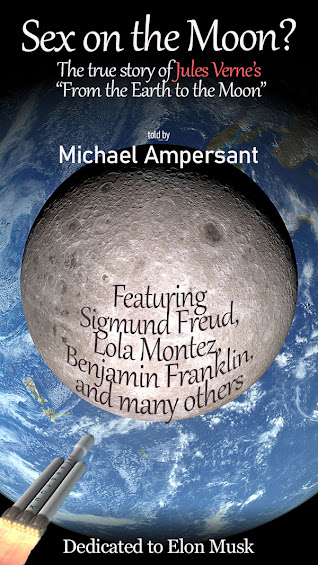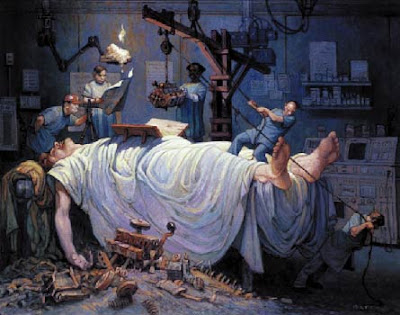So, here is our review of Call Me by Your Name---André Aciman's book (from 2007), not the new movie made from it in 2017.
 |
| Title & author |
Most reviews of the book are fawning, and the few critical ones typically censure it for its not-so-happy ending---Aciman having apparently listened to his agent who told him that "the American public is not ready for a gay relationship that doesn't end in tears." Or he listened to his inner voice, which is Proustian by vocation (he's the director of the Proust Project at CUNY). Anyhow, this is not one of the books that "get stronger towards the ending" (as a judge of the Booker Price once put it). But its finale is not the only issue here, so let's do a little bean-counting and separate our critical pluses ("+") and minuses ("-") accordingly.
(+) There's something unique about the combination of high fiction and graphic expressions of longing and desire in this book. Ignorami that we are---we do believe this combination hasn't occurred in world literature before. THIS MAKES THE BOOK STAND OUT.
No? Well, here, Elio, the narrator (on p. 8), just warming up:
"I know desire when I see it---and yet, this time, it slipped by completely. I was going for the devious smile that would suddenly light up in Oliver's face each time he'd read my mind, when all I really wanted was skin, just skin."
"And yet here he was in his third week with us, asking me if I'd ever heard of Athanasius Kirchner, Giuseppe Belli, and Paul Celan.
'I have.' [Elio replies]."
 |
| A paragon of high fiction |
(These are all writers, we suppose, because Paul Celan was one). Okay, let's try to find a better example. Next page:
"I was Glaucus and he [Oliver] was Diomedes."Not good enough? Here, Elio daydreaming (p. 39):
"Did you [Oliver] know that I came in your mouth last night?"
(+) Elio is blessed to grow up in an intellectual Acadia of the 1980's. Father's a renowned professor of something, there's money, an understanding mother, Jewish heritage, and an understanding house keeper (who inspects the bed sheets each morning for stains). There's also a villa on the Italian Riviera with a tree-lined driveway, a pool, and a tennis court (one wonders, given the hilly, seaside topology of the place). And there's TALENT. E.g., Elio is a serious musical prodigy who improvises Busoni improvising Brahms improvising Mozart on the piano, much to Oliver's delight. And this Oliver (aged 24) has already finished his Ph.D. on Heraclitus and come over to supervise the Italian translation of his thesis (among other things).
 |
| And there's TALENT |












.jpg)








